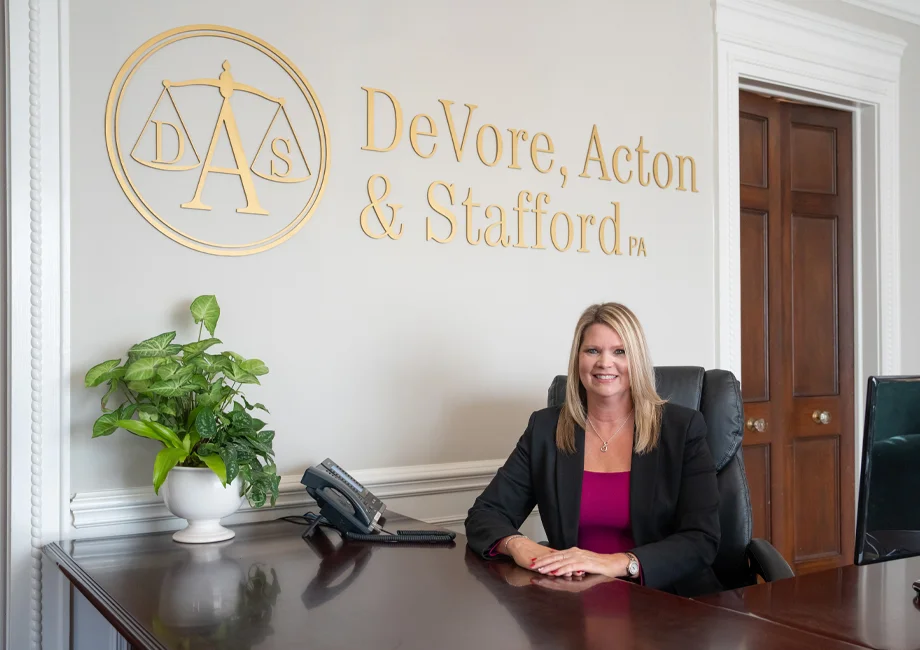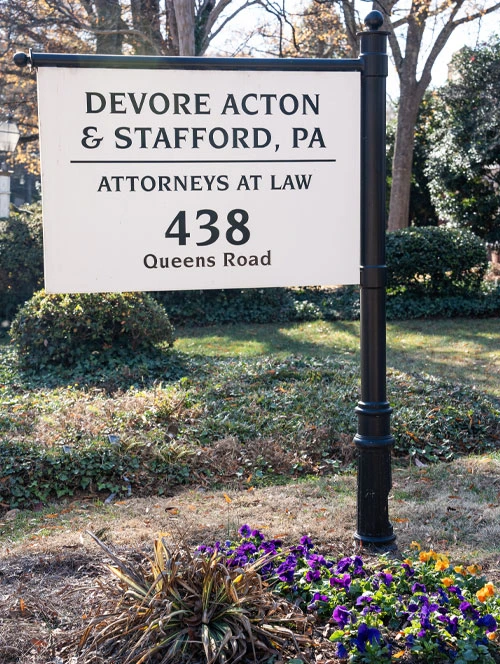Condemnation (Eminent Domain) Part III

In the first two articles, which you can read here and here, we explained the concept of condemnation and methods of determining the value of your property. We now need to look at the cost of a condemnation proceeding.
Out of Pocket Eminent Domain Costs
As a general rule, the cost of obtaining an appraisal is not recoverable. So you have to weigh the cost of employing an appraiser versus the amount you might be seeking. The cost of an appraisal varies widely depending on whether the property being taken is only a minor partial taking or a complete taking. Other factors to consider are whether the taking involves vacant land, a home, destruction of an improvement, or commercial property.
Secondly, your attorney fees are not recoverable, which means that you are responsible for paying for your attorney. However, many attorneys will agree to accept your case based on a percentage of what they can recover for you in excess of the last offer. Under these types of arrangements, the attorney’s compensation is owed only if there is a successful outcome. A common example of how this fee arrangement would work is as follows:
Condemnation Example
John Doe owns a 1-acre tract of land. NCDOT informs Doe they need to take his land and they offer him $300,000. Doe refuses to accept the funds, so on January 1st NCDOT deposits $300,000 with the court, files a lawsuit against Doe, and takes Doe’s property on said day. This means that on or after January 1st, NCDOT can start demolition on what was formerly Doe’s 1-acre tract of land. Typically, Doe has one year to file a response to the lawsuit. (Please consult an attorney to be informed as to the exact statute of limitations for a response.) Doe’s response will likely be that $300,000 is not just compensation for the taking of his property.
Doe consults with an attorney. The attorney informs Doe that if he is hired to represent Doe, he will not charge any fee if he cannot recover more than $300,000 for Doe. Instead, the attorney’s fee will be a percentage of any amount above $300,000. Further, if there are no liens or mortgages attached to the property, the attorney will likely tell Doe that the attorney can go ahead and get the $300,000 from the court and give it directly to Doe with no charge or fee to Doe. There would never be attorney fees unless the final recovery, through settlement or verdict, was in excess of the deposit of $300,000.
The above example is not the only type of attorney/client fee structure, as it depends on the type or extent of the taking, and the desires of the client. Many other property owners and/or business owners choose to employ their attorney on an hourly basis. Either way, if a condemnation proceeding is filed against you, it is highly advisable to have an experienced condemnation attorney represent you.
Regardless of how you employ an attorney, you would be responsible for any out of pocket costs. Those costs might include the cost of an appraiser, deposition and mediation costs, and expert witness fees. Some of these costs can be added to any verdict you obtain, but what is recoverable is based on a statute and to some degree the discretion of the judge. Make sure your attorney explains these costs to you prior to representation.
One point not discussed yet is that once your condemnation action is begun, the trial judge is going to order the parties to a mediation. Mediation is a process by which all of the parties and their attorneys meet with a professional negotiator (mediator) whose role is to try to find a compromise settlement between the parties. A mediator is not an arbitrator or a judge – but a neutral person who assists in finding common ground. Mediations are generally successful more than fifty percent of the time.
If you do recover through a settlement or verdict, it is likely that you will not have to pay taxes on the property as long as you reinvest it in similar property. (Section 1033 of IRS Code.) However, the tax consequences of a condemnation are beyond the scope of this article, and you should always consult a tax expert regarding any settlement or verdict obtained.
For a free consultation to answer your condemnation questions, contact the attorneys at DeVore, Acton & Stafford at 704-377-5242.

request your consultation
"*" indicates required fields



